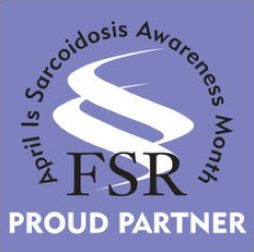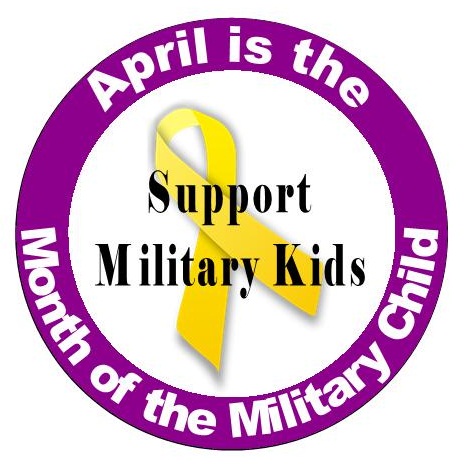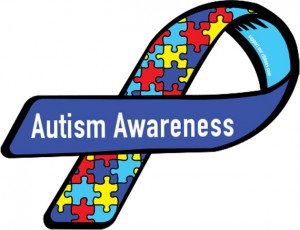The following information and more can be found on The Foundation For Sarcoidosis Research’s website: www.stopsarcoidosis.org

Sarcoidosis is an inflammatory disease that can affect almost any organ in the body. It causes heightened immunity, which means that a person’s immune system, which normally protects the body from infection and disease, overreacts, resulting in damage to the body’s own tissues. The classic feature of sarcoidosis is the formation of granulomas, microscopic clumps of inflammatory cells that group together (and look like granules, hence the name). When too many of these clumps form in an organ they can interfere with how that organ functions.
Sarcoidosis is a multi-system disorder. Symptoms typically depend on which organ the disease affects. Most often the disease will affect the lungs.
- General: About one third of patients will experience non-specific symptoms of fever, fatigue, weight loss, night sweats and an overall feeling of malaise (or ill health).
- Lungs: The lungs are affected in more than 90% of patients with sarcoidosis. A cough that does not go away, shortness of breath, particularly with exertion and chest pain occur most frequently with the pulmonary form of the disease.
- Lymph Nodes: Up to 90% of sarcoidosis patients have enlarged lymph nodes. Most often they are in the neck, but those under the chin, in the armpits and in the groin can be affected. The spleen, which is part of the lymphatic system, can also be affected.
- Liver: Although between 50% to 80% of patients with sarcoidosis will have granulomas in their liver, most are without symptoms and do not require treatment.
- Heart: Researchers estimate that cardiac sarcoidosis, affects more than 10 percent of people with sarcoidosis in the United States, and perhaps as mHeart: any as 25 percent. Sarcoidosis can cause the heart to beat weakly resulting in shortness of breath and swelling in the legs. It can also cause palpitations (irregular heartbeat).
- Brain & Nervous System: From 5% to 13% of patients have neurologic disease. Symptoms can include headaches, visual problems, weakness or numbness of an arm or leg and facial palsy.
- Skin: One in four (25%) of patients will have skin involvement. Painful or red, raised bumps on the legs or arms (called erythema nodosum), discoloration of the nose, cheeks, lips and ears (called lupus pernio) or small brownish and painless skin patches are symptoms of the cutaneous form of the disease.
- Bones, Joints & Muscles: Joint pain occurs in about one-third of patients. Other symptoms include a mass in the muscle, muscle weakness and arthritis in the joints of the ankles, knees, elbows, wrists, hands and feet.
- Eyes: Any part of the eye can be affected by sarcoidosis and about 25% of patients have ocular involvement. Common symptoms include: burning, itching, tearing, pain, red eye, sensitivity to light (photophobia), dryness, seeing black spots (called floaters) and blurred vision. Chronic uveitis (inflammation of the membranes or uvea of the eye) can lead to glaucoma, cataracts and blindness.
- Sinuses, Nasal Muscosa (lining) & Larynx: About 5% of patients will have involvement in the sinuses with symptoms that can include sinusitis, hoarseness or shortness of breath.
- Other Organs: Rarely, the gastrointestinal tract, reproductive organs, salivary glands and the kidneys are affected.




